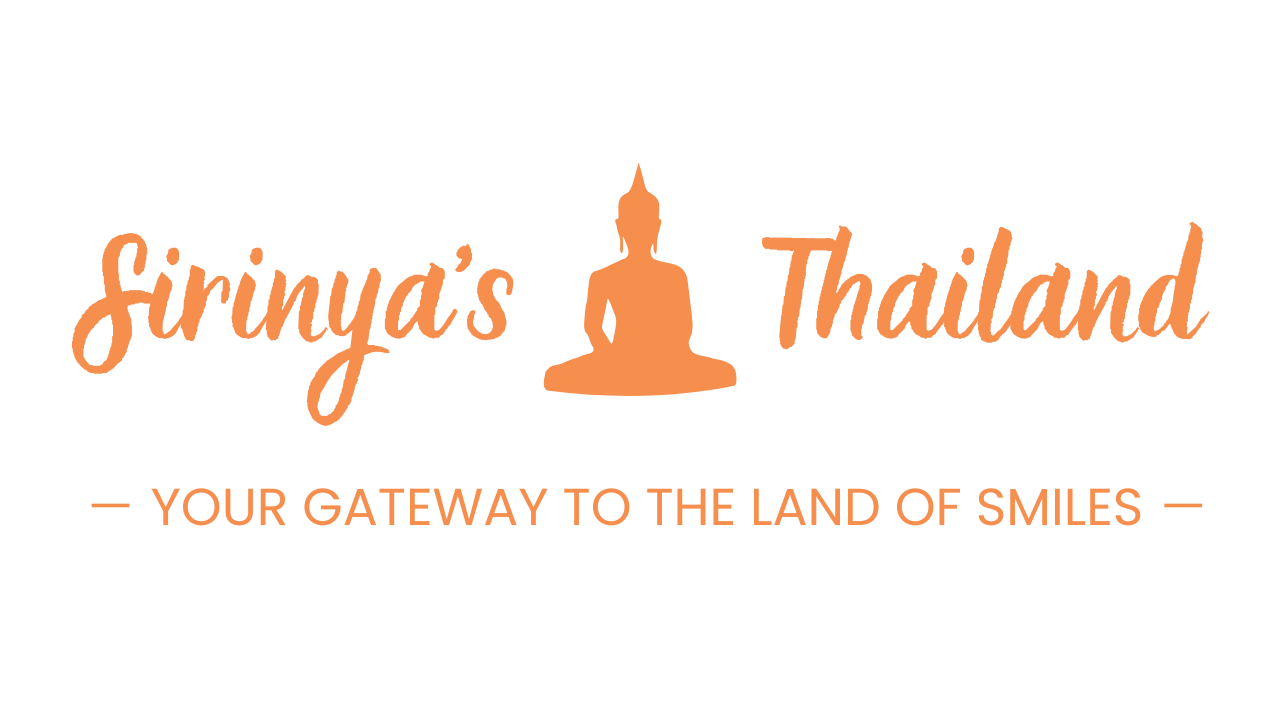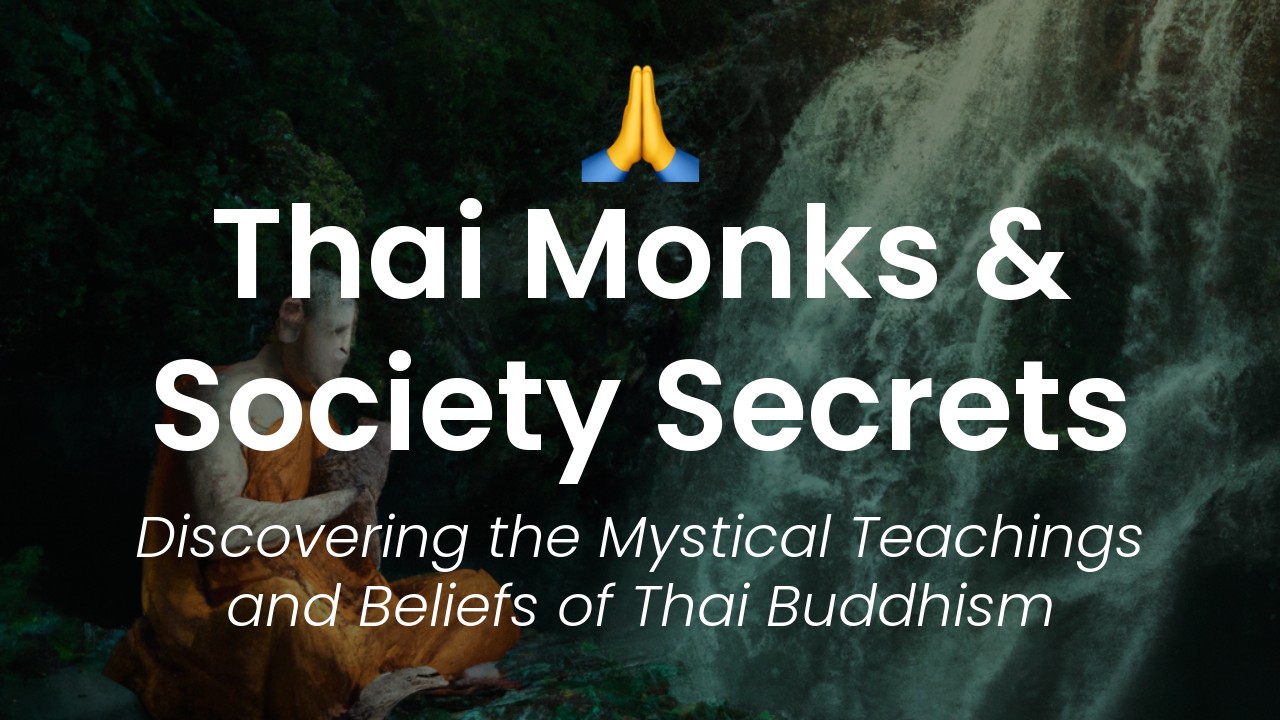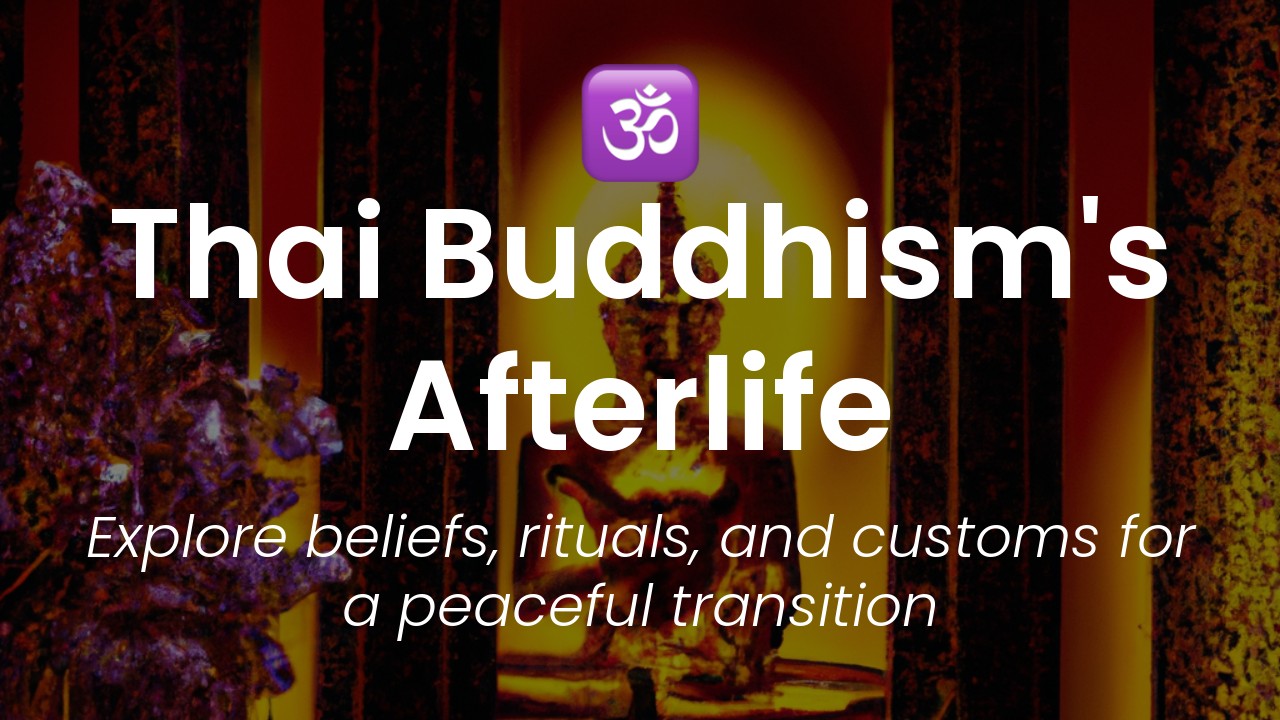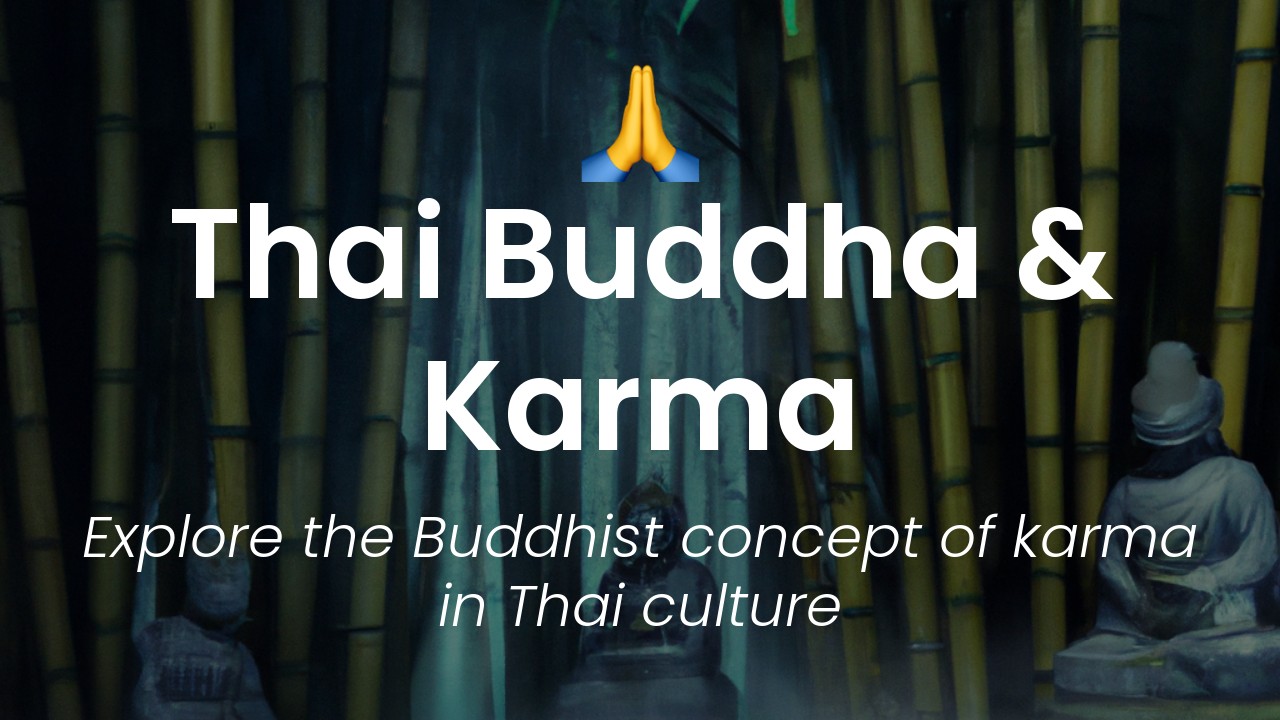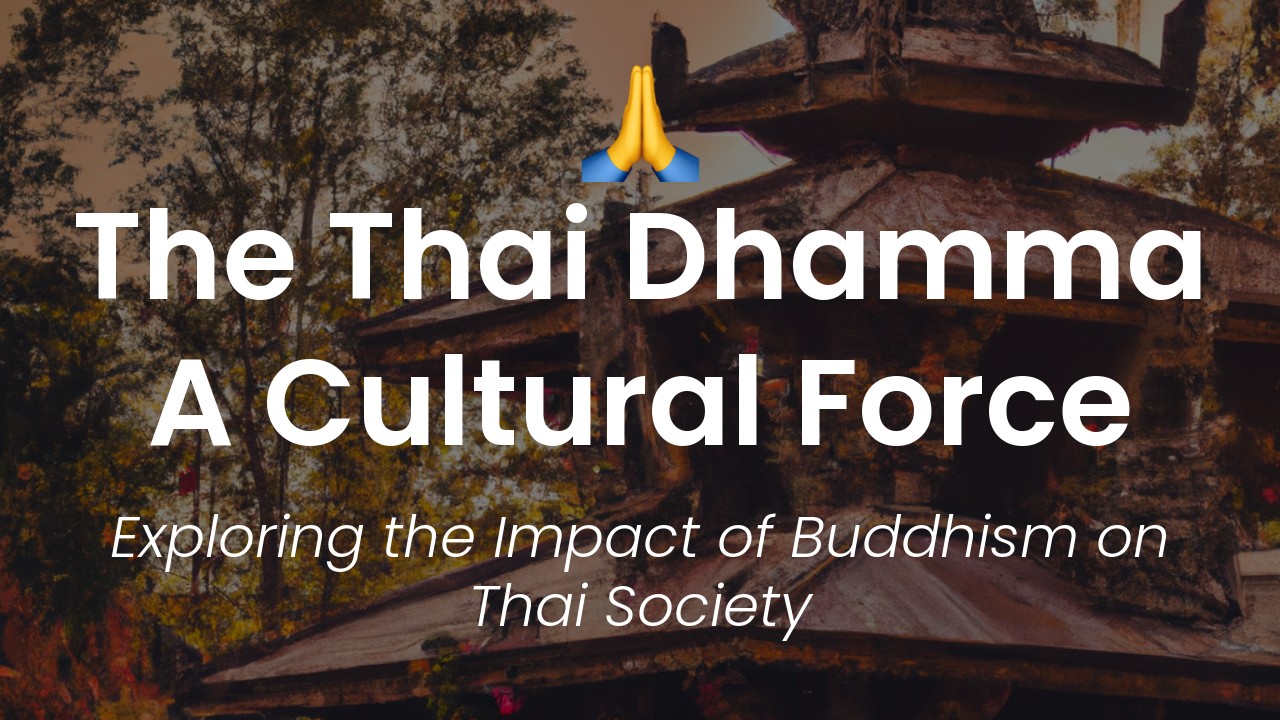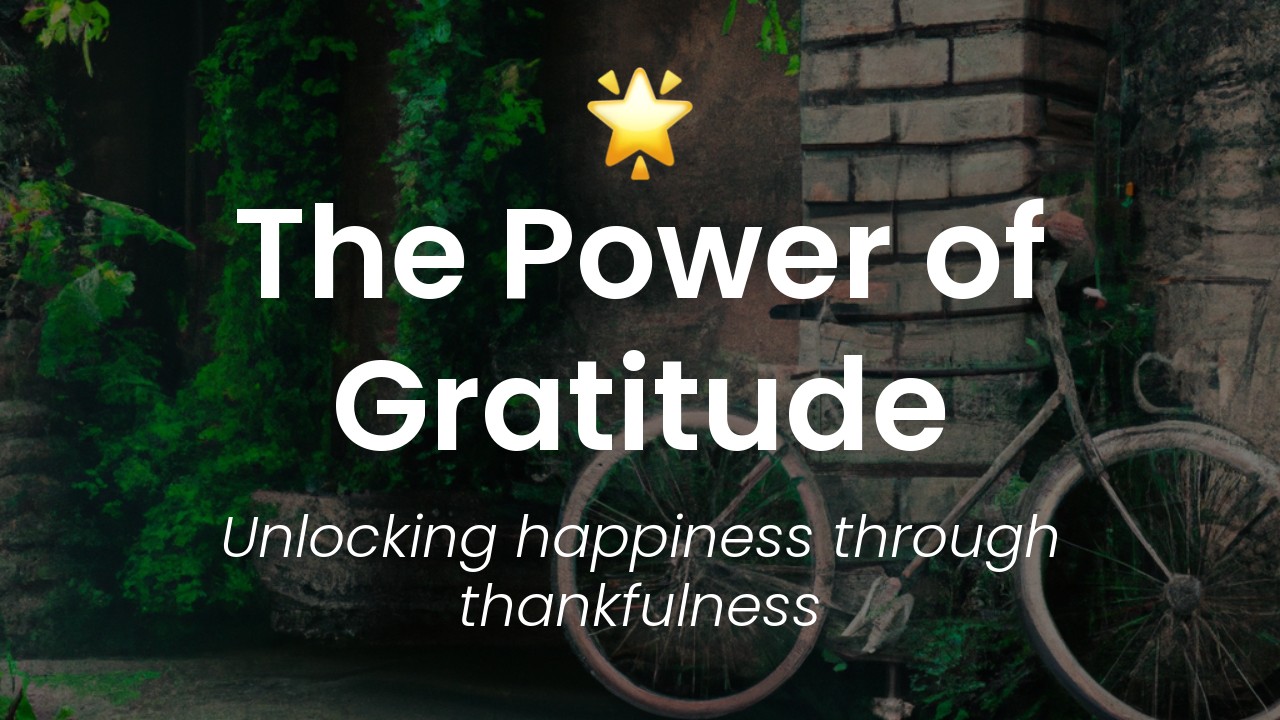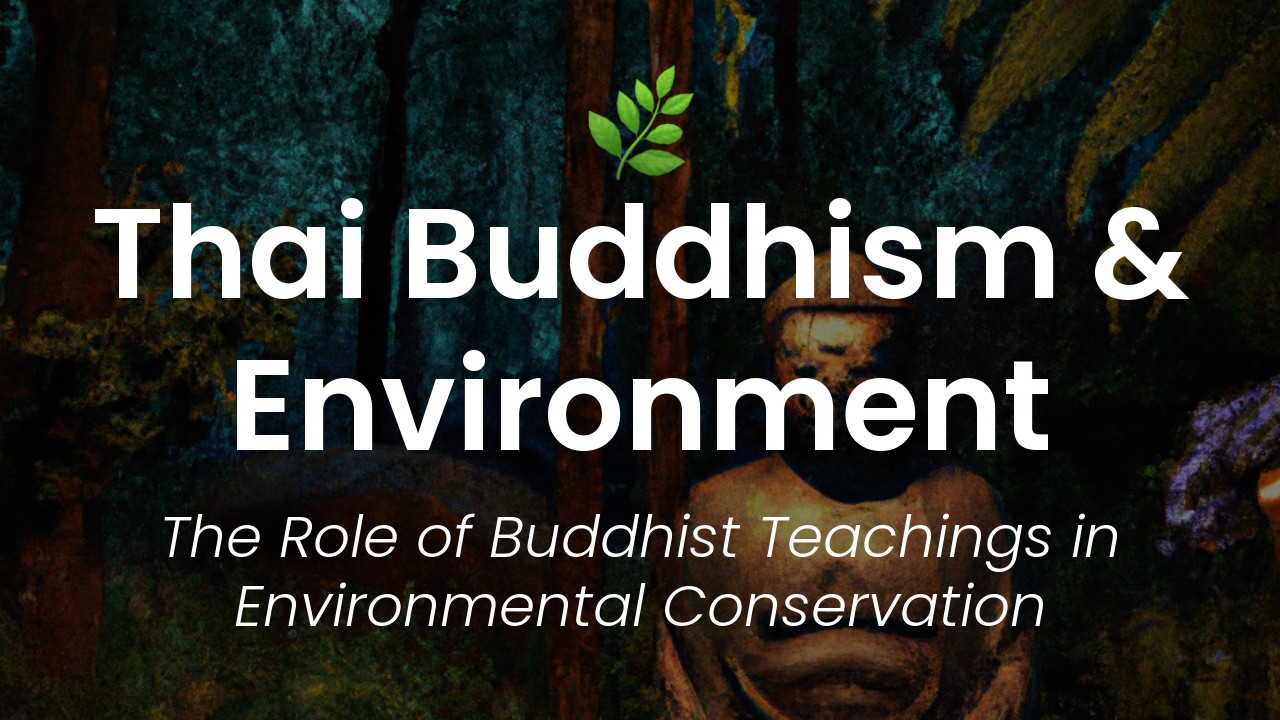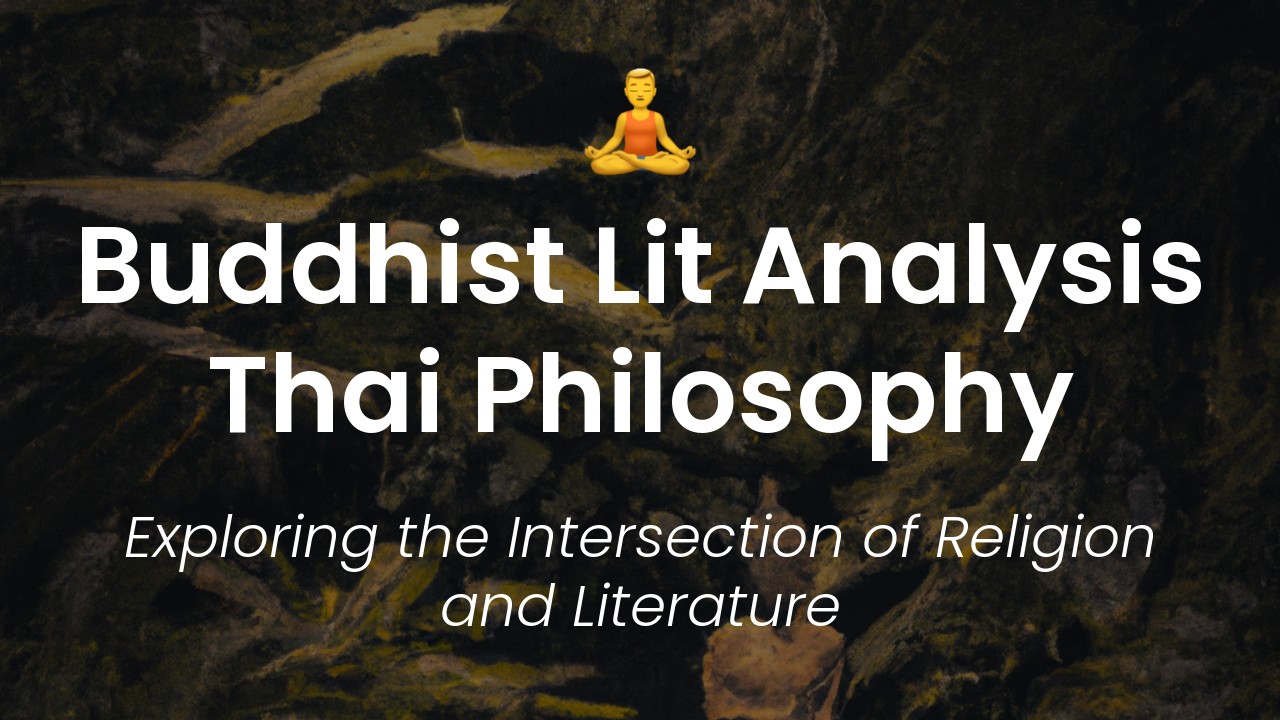Hello, fellow readers! As someone who is deeply rooted in Thai culture, it gives me great pleasure to share what I have learned about Thai Buddhist monks and their role in society. With over 300,000 Buddhist monks in Thailand, this is an integral part of the country's heritage that is often not fully understood by visitors.
Buddhism is the predominant religion in Thailand and has a significant influence on the country's customs and traditions. Thai Buddhist monks are often highly revered and have a significant role to play in society. They are not just spiritual leaders but also serve as community leaders, educators, and healers.
In this article, I will take you on a journey to unlock the secrets of Thai Buddhist monks and their role in society. I will delve into their daily practices, such as meditation and almsgiving. I'll also explore the types of monasteries found across Thailand, from urban temples in Bangkok to remote forest temples in Chiang Mai.
Furthermore, we'll look into their philosophies and beliefs, including their emphasis on living in the present, mindfulness, and avoiding materialism. I'll give you an inside look into their monastic lifestyle, including their minimalist living arrangements and reliance on the generosity of the community for food and other necessities.
So, get ready to take a deep dive into the world of Thai Buddhist monks, as we uncover their secrets and gain a better understanding of their crucial role in Thai society.
Who are Thai Buddhist Monks?
Thai society places a great emphasis on the role of Buddhist monks, who hold a position of great respect and reverence in the country. Thai monks are known to be highly disciplined and their dedication to their religious and spiritual duties is legendary. A Thai Buddhist monk is a person who has dedicated their life to study, practice, and propagate the teachings of the Buddha.
History of Buddhism in Thailand
Buddhism was introduced to Thailand more than 2,000 years ago by Indian merchants and monks. Over time, it has become the most widely practiced religion in the country. During the 13th century, Theravada Buddhism became the dominant form of Buddhism in Thailand. It is based on the teachings of the Pali Canon, which is a collection of ancient Buddhist texts.
Monastic Traditions: Daily Routine & Diet
Thai monks follow a strict daily routine that is designed to promote discipline, self-improvement, and spiritual growth. Every day starts early, with the monks waking up before sunrise to start their day with a series of meditation practices. After that, they perform morning alms, where they collect food and other basic necessities from laypeople. This practice of alms-giving is central to the Buddhist tradition and it teaches the monks the value of humility, compassion, and gratitude.
During the day, monks spend most of their time studying and practicing the dharma, which is the basic principle of Buddhist teachings. They also engage in community work and other activities that aim to promote social harmony and well-being.
The diet of Thai monks is based on the principle of non-violence, as Buddhism teaches that harming any living being is wrong. Therefore, Thai Buddhist monks are vegetarians and they do not eat meat or any other animal products.
Role of Thai Buddhism in Society
Thai Buddhism plays a central role in shaping the moral and ethical values of Thai society. Its teachings are deeply embedded in the customs and traditions of the Thai people and have greatly influenced their way of life. Buddhist temples, or wat, are an integral part of Thai society, and they serve as centers of learning and spiritual growth.
One of the most unique aspects of Thai Buddhism is the close relationship between monkhood and laypeople. Laypeople look up to monks as spiritual leaders and seek their advice and guidance on a wide range of issues. For their part, monks are encouraged to engage with the community and to be active in promoting social and environmental causes.
Thai Monks & Mental Health: Forest Therapy
Thai monks are known for their deep understanding of the human mind and for their ability to promote mental well-being. One of the most effective forms of therapy that they use is called “forest therapy”. This involves spending time in natural settings, such as the forest, to help people reconnect with nature and to promote inner peace and tranquility.
The practice of forest therapy has become increasingly popular in recent years, as people are realizing the benefits of spending time in nature. Thai monks have been at the forefront of this movement, using their knowledge and expertise to help people achieve a greater sense of well-being and harmony with the natural world.
Buddhism & Thai Politics
Thai politics has a long history of being shaped by Buddhist principles. Thai kings have always been closely connected with Buddhist institutions and have often used their power to support the Buddhist clergy. The current King, Maha Vajiralongkorn, is a devout Buddhist and has made several significant contributions to Buddhist causes.
However, the relationship between Buddhism and politics in Thailand has not always been smooth. In recent years, there has been growing tension between the government and the Buddhist clergy over issues such as temple governance and corruption. Nevertheless, the principles of Buddhism continue to be a guiding force in shaping the moral and ethical values of Thai society.
Opportunities for Visitors to Learn From Monks
Visitors to Thailand have many opportunities to learn from Buddhist monks and to experience the rich cultural and spiritual heritage of the country. Many temples offer meditation retreats and workshops that are open to the public. These provide an opportunity to learn from experienced monks and to gain a deeper understanding of Buddhism and its teachings.
In addition, visitors can participate in traditional Buddhist ceremonies and festivals, such as the Songkran Festival, which is celebrated in April and is one of the most important Buddhist holidays in Thailand. By immersing themselves in these cultural experiences, visitors can gain a greater appreciation of Thai culture and its unique blend of tradition and modernity.
Conclusion
Thai Buddhist monks are a vital and central part of Thai society. Their teachings and values have deeply influenced the way that Thai people live and interact with one another. By gaining a greater understanding of Buddhism and its role in Thai society, visitors to Thailand can not only enrich their own lives but also gain a greater appreciation of the unique cultural heritage of the country.
